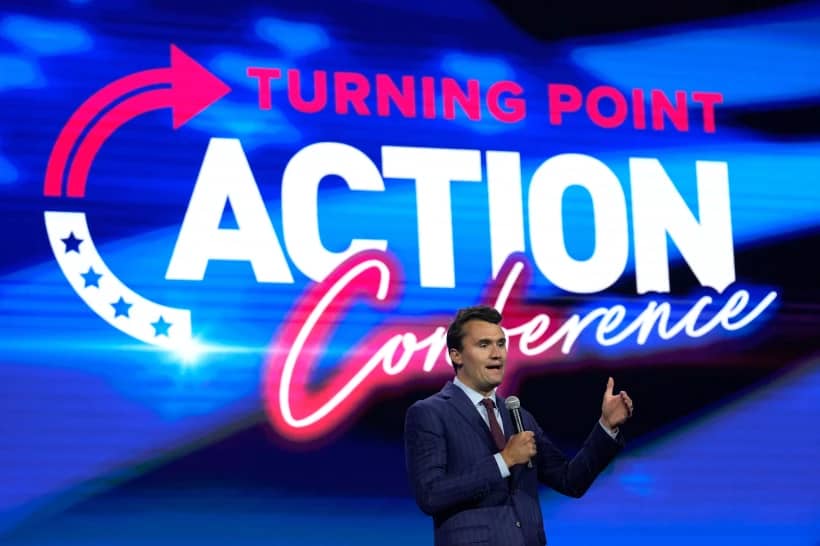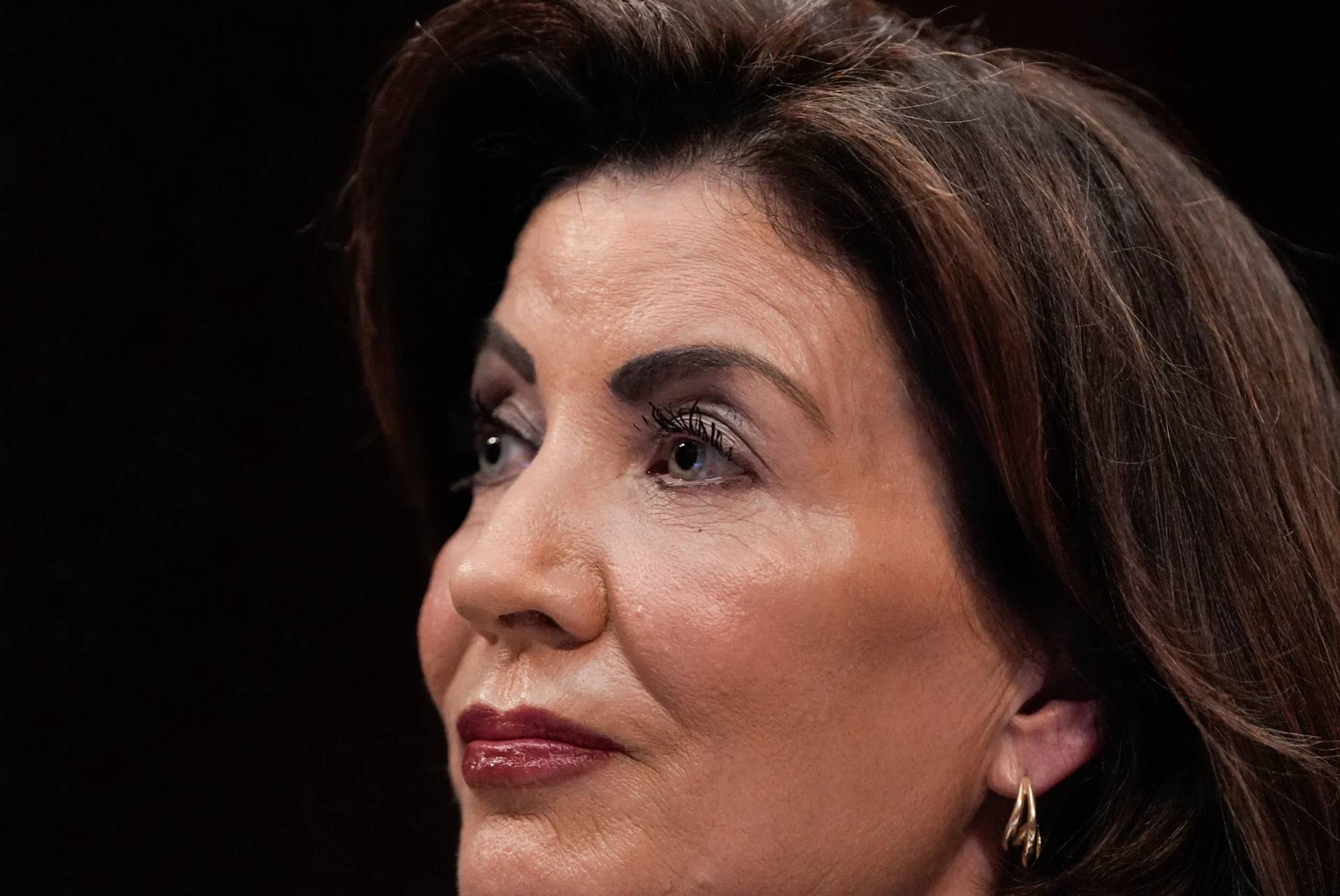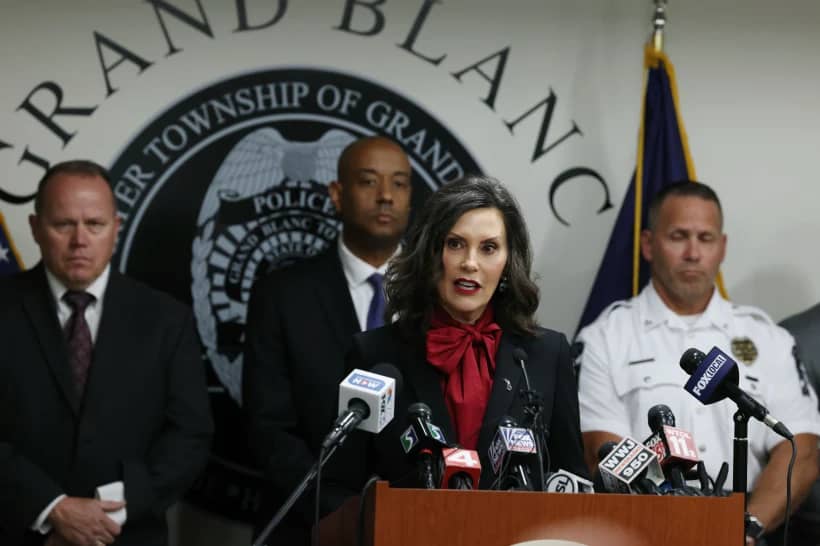At the national level, it’s difficult not to see the election of a Mexican-born Hispanic as vice president of the U.S. bishops’ conference as a statement of defiance directed at the new Trump administration. In terms of church politics, it’s also tempting to see the choice of a more theologically conservative figure as a corrective to progressive tendencies under Pope Francis.
The man at the center of it all, however, Archbishop José Gomez of Los Angeles, says both of those ways of reading Tuesday’s election within the U.S. Conference of Catholic Bishops puts the cart before the horse.
“This was about the importance of Latino ministry and the Hispanic presence in the United States, both in the church and the society,” he told Crux on Tuesday afternoon, shortly after he bested Archbishop Gregory Aymond in a two-way runoff to become the new vice president of the conference.
Cardinal Daniel DiNardo of Galveston-Houston was elected president, in a result largely foreordained since the number two officer in the conference is generally elected to the top job. The vice president’s race, however, is more wide open, making the choice of Gomez the day’s real headline.
“It’s more and more clear how important Hispanics are,” Gomez said. “Already, something like 40 percent of all Catholics in the country are Hispanic, and they’re 50 percent of our youth.”
“This is a statement about the presence of Hispanics in the church and the country,” he said. “It’s a reflection of my brother bishops understanding the importance of Latinos.”
Although Gomez had been widely rumored as a possible candidate for a top position in the conference, he nevertheless referred to his election as a “beautiful surprise,” saying, “you never know, because there’s always uncertainty about what other bishops are thinking.”
Despite rejecting an explicitly political reading of his election, Gomez vowed that his increasingly outspoken advocacy of immigrant rights will continue in his new post.
“Immigration is clearly an important issue for us,” he said of the bishops’ conference. “For us, this is not about politics, it’s about people.”
Gomez argued there’s also a geographic level of significance to Tuesday’s results, noting that the new president of the U.S. bishops is from Texas and he’s from California.
“This is a big move to the southwest, where the church is growing,” he said.
He also noted that Tuesday was a good day for the church in Los Angeles generally, since one of his auxiliaries, Bishop Robert Barron, was also chosen as chair of the bishops’ committee on evangelization and catechesis.
As far as his victory being a statement on Pope Francis and the perceived liberal direction of the church on his watch, Gomez rejected a “left-wing/right-wing” interpretation of the result, arguing that it likely had more to do with personal relationships.
“I’ve been a bishop for 15 years now,” he said. “I started as an auxiliary bishop in Denver and then moved to San Antonio before coming to Los Angeles. The other bishops know me now, and that’s helped them to see who I am.”
“Most of the bishops don’t see things in primarily political terms,” he said. “It’s more about ministry and seeing the different situations we face.”
Over the weekend, Pope Francis will create 17 new cardinals, including three Americans, in a consistory in which many had expected Gomez himself would be inducted into the church’s most exclusive club. Instead he was left on the outside looking in, but refused to style his election on Tuesday as a sort of consolation prize.
Becoming a cardinal, he said, is “up to the Holy Father,” and in any event, he insisted it’s not something he wanted.
“I want to serve the people of God in Los Angeles and be of support to my brother bishops,” he said, “and this is a great opportunity for me to do that.”













